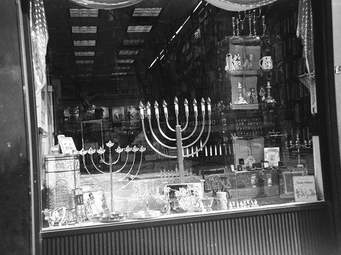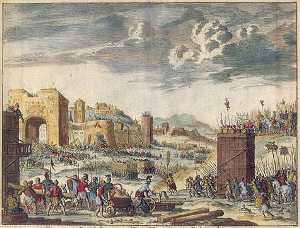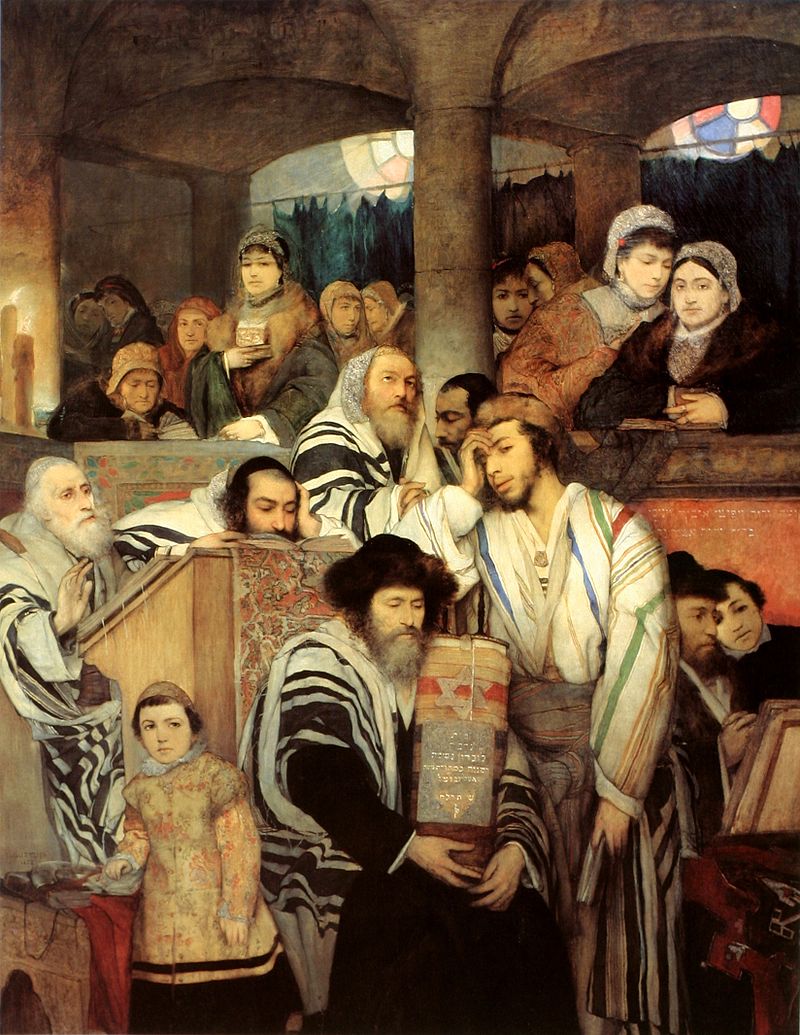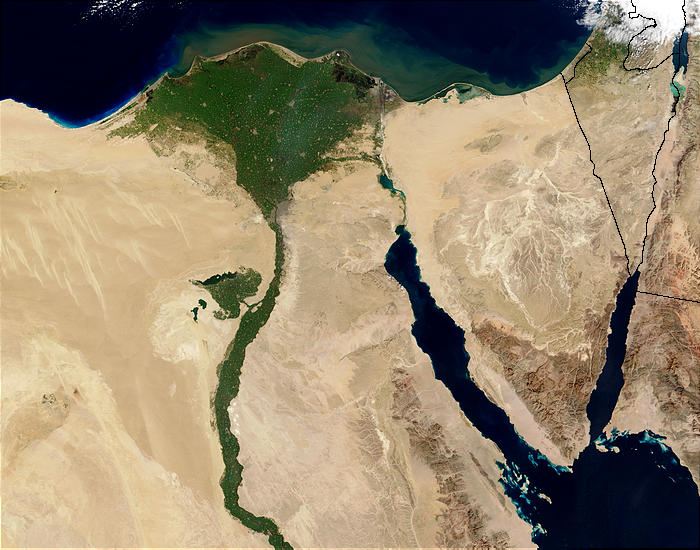
The holiday of Passover is coming, and to get a grasp of its full historic impact, we need to understand the history and culture of ancient Egypt.
Egypt was the exception to all the rules in the ancient world. Whereas all the other countries in the Near East were dependent upon trade or war and expansion to feed themselves, Egypt was a fully self-sufficient, wealthy country. Everything that it needed, it grew. It could even export. And the reason for that, of course, was the Nile River.
The Nile River flooded regularly, producing layer upon layer of mud, which became good, fertile earth. The valley surrounding it ran for hundreds of miles: from Alexandria in the north, through Thebes and what is today Cairo, all the way south to what is today the Sudan. But it was a narrow belt, no more 15 miles on either side of the river. Further than that was desert, what the Egyptians called “black dirt.” The fertile land was called “red dirt” and that is where people settled. Scholars estimate that in 1500 or 1600 BCE, in the times of the Biblical Jacob, the population in Egypt was as much as five million. Today, Egypt’s population is over 80 million. So it is not hard to imagine that five million Egyptians were supported very handsomely in the Nile Delta, especially as compared to the rest of the ancient world.
The river made such an impression that we find that when the Bible describes the land of Israel to the Jews before they enter it, the description is in contrast to Egypt: “The land to which you are coming is not like the land of Egypt, where you sowed your seed and which you watered by foot, like a vegetable garden. But the land you will come to possess is a land of mountains and valleys and absorbs water from the rains of heaven.” (Deut. 11: 10-11)
The Nile was a sure thing. The only problem was that when it flooded, it took about ten to fifteen thousand Egyptians down river with it. But that was an acceptable risk to the government because of the benefits. Each flood would lay down a whole new section of top soil, expanding the valley.
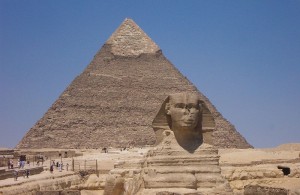
The Egyptian government, like all governments in the ancient world, was despotic. The dictator was the Pharaoh, and his power was so absolute that he was worshiped as a god. It’s hard for us to crawl into the mindset of that period, but paganism was attractive to the masses that the Pharaoh “had to” be a god. Centuries later, the Roman emperors would take this to the ludicrous point of being voted in as gods by the Senate. The greater the evildoer, the greater the necessity to be declared a god. It was like diplomatic immunity. Such madmen as Caligula were voted in and officially worshipped.
Judaism is the antithesis of paganism, so Jewish governments never viewed their leaders as gods. Whatever the Prime Minister of Israel is, he’s not God. That he cannot claim. And the kings of Biblical Israel couldn’t claim it either. They had prophets constantly reprimanding them so they wouldn’t forget it. That is the Biblical system of checks and balances. The prophets were a check on the kings’ power.
Egyptologists divide Egyptian history into three periods: the Old Kingdom, the Middle Kingdom, and the New Empire. The Old Kingdom lasted from 2600-2100 BCE. The beginning date coincides with the period after the Flood in Biblical history. Twenty-five different Pharaohs reigned during the Old Kingdom, which is not a great number over five hundred years, so it is a sign of great stability. Self-sufficient Egypt had no need for military expansion. It successfully dominated the Middle East simply because of its tremendous wealth in relation to the rest of world civilization.


